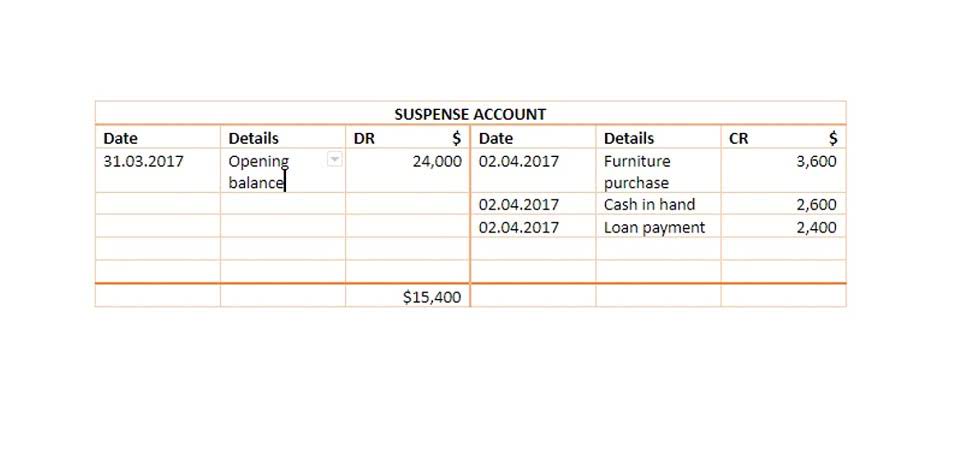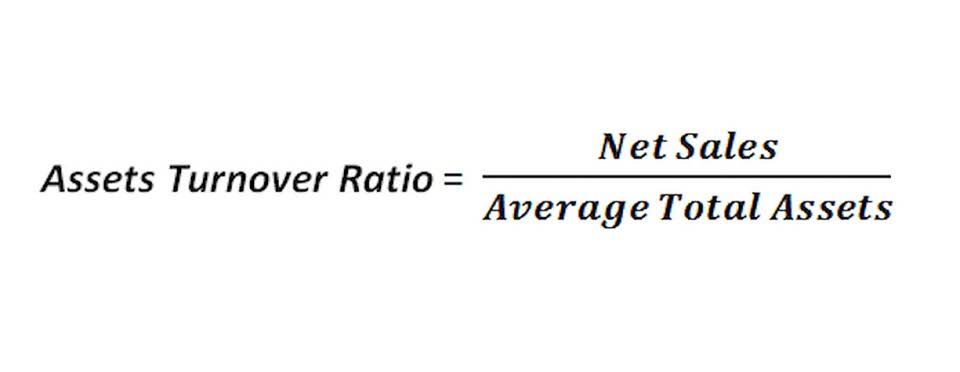
Ensuring this consistency amidst the volume of transactions is challenging. Advanced software solutions offer features for consistent data entry. Training sessions offer insights into the importance of consistency. For real estate professionals, https://www.bookstime.com/articles/percentage-of-sales-method consistent data entry is crucial for financial analysis. Accurate and consistent data entry drives informed decision-making and business optimization. Properties often involve multiple entities, leading to intercompany transactions.
- Most balance sheets carry the asset value of a rental property at the original cost.
- Here, we take a look at REITs, their characteristics, how to evaluate an REIT, and ways to invest in REITs, such as through real estate crowdfunding platforms.
- Real estate accounting provides them with the tools to manage leases, maintenance costs, and vendor payments.
- Programs like Excel, Numbers, Google Sheets, and OpenOffice can be used to create a basic real estate bookkeeping system to track income and expenses.
- Ultimately, intercompany reconciliation drives stakeholder trust and business success.
- The accrual method recognizes income when it is earned, regardless of when the payment is received.
- Real estate bookkeeping records business expenses and income, along with keeping track of assets and liabilities.
Real Estate Bookkeeping Tips for Investors

We help real estate investors with cash-flowing assets protect & understand their finances, without forcing them to spend hours at their desk on Quickbooks. IAS 40 is used by real estate companies and funds; US GAAP follows industry guidance and accounting practices. Double-entry accounting is the prevailing method of bookkeeping utilized by the majority of businesses in the present day. This accounting system is named after the two parts of each transaction that document the origin and destination of the funds.
Association Fees and Expenses
Building trust and enhancing reputation are vital for success in the real estate industry. Good real estate accounting practices play a key role in strengthening stakeholder confidence, delivering transparent financial reports, and demonstrating fiscal responsibility. These practices solidify market reputation and showcase financial stability. Effective systems are the backbone of streamlined real estate accounting. By leveraging real estate accounting software and aligning financial activities with property management goals, businesses can achieve unparalleled efficiency. Continuous improvement and adaptability further enhance this efficiency.

Streamline Your Accounting in Real Estate
This will enable you to identify potential financial challenges and take proactive measures to mitigate them. Positive cash flow ensures that your real estate endeavors remain financially sustainable. You don’t need to be a professional real estate accountant to keep real estate accounting records accurate. Just make sure to begin bookkeeping early, before your real estate business gets too big.
- Ensuring this accuracy is a continuous process, involving regular reviews, audits, and training sessions.
- Larger expenses include office rentals, event space, and recurring services such as cleaning or maintenance.
- Don’t allow yourself to fly blind, switch to paperless accounting today.
- A good exercise to track your spending is to use a dedicated debit or credit card on all expenses for 30 days.
- Additionally, real estate professionals often pay membership fees to associations and other national organizations, which may count as deductions.
- Good real estate accounting provides the data and insights needed for strategic planning.

Advanced software solutions offer features for seamless integration. For real estate professionals, software integration is indispensable. Accurate integration drives efficiency and ensures that all business tools work in harmony. real estate investor bookkeeping Financial journals offer insights into the latest research in real estate accounting. Subscribing to these journals is crucial for continuous learning. For real estate professionals, financial journals are indispensable.

How to Analyze REITs

- Differentiating between the two is crucial for accurate financial reporting.
- Accounting provides them with the tools to plan, strategize, and optimize.
- For real estate professionals, optimizing investment returns is a core skill.
- Balance sheets offer a snapshot of a property’s assets, liabilities, and equity.
- Anyone who decides to enter the real estate industry with the goal of investing in rental properties needs to have a professional real estate accounting system.
- Modern accounting tools offer features that streamline real estate accounting.
- Regular training sessions, workshops, and seminars provide insights into industry changes and best practices.
